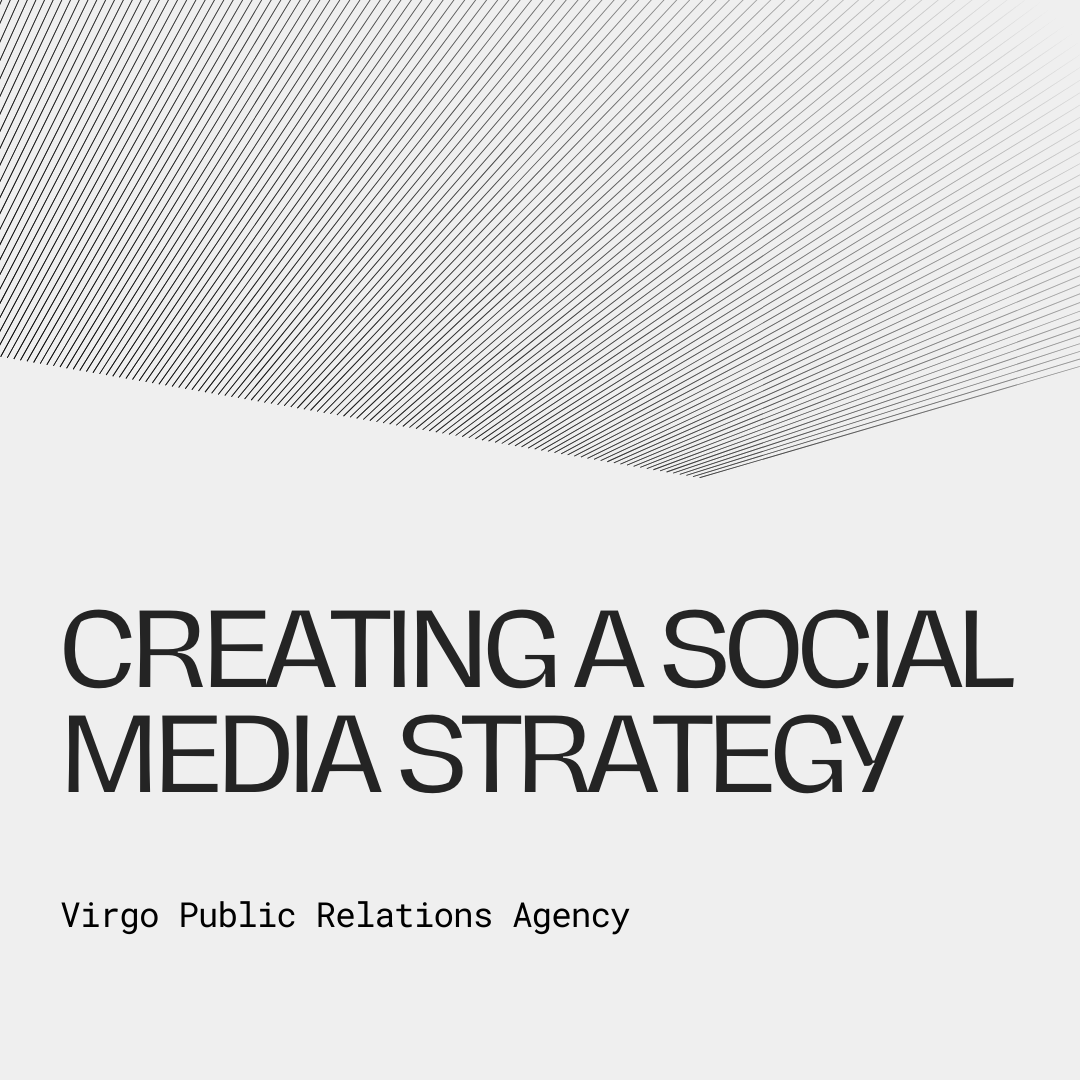In the last decade since social media platforms first became popular, the landscape has drastically shifted, and companies that haven’t updated their social media strategies accordingly have likely fallen behind their competitors.
That’s why it’s smart for companies to audit their social media strategies at least every year. The key element to a social media strategy audit is for companies to evaluate which social channels fit a business best in terms of their strengths and weaknesses.
It’s also important for companies to understand how every social channel can be used as an effective tool in communication, PR, marketing, and customer service efforts from businesses.
Additionally, there are plenty of different factors that companies need to keep in mind before they can decide on the right social channel.
However, there are three things that companies should know in detail before creating a social media strategy focused on a specific platform, including the target audience, the best way to engage with that audience, and the goal of using that specific channel.
Detailing those three elements can help companies figure out how they can best improve their social media strategy by articulating what types of posts they need to create and share, their frequency, as well as which metrics are important in terms of performance.
Social Media Strategy
Creating a social media strategy is simply developing a guide on how a company should be using its social media channels to reach its engagement targets and overall business goals.
That guide should be revised and rewritten every so often so it will align with any changes in marketing campaigns, internal resources, outcomes, and target audiences.
There are several things that a social media strategy should include, such as the specific direction the company should be focusing on for every channel and how each one of those channels can individually support the overall business goals through specific KPIs.
Guide Audit
The first step in creating a social media guide is to develop or audit the current guide with the target audience and communications channels in mind.
When a company decides to make some big changes to its social media strategy, such as focusing more of its efforts on a brand new channel or deprioritizing another channel, it’s important to show how this change is going to look moving forward.
Details
The guide should have a detailed plan on how each social channel should be used by the business, starting with the core basics of a company, that shows off the brand presence.
These core elements should also align with the other content marketing and editorial plans and should be addressing different buyer personas or stages in the buying journey.
It’s important to detail the specific types of content that are going to be shared on each channel, along with the frequency of content publication, and which content pillars will the company be prioritizing.
Timing
Every channel also needs to have information on the amount of time that companies should be spending on them for engagement, as well as the best times of day when the company should be active on them, that’s going to be based on the time zone of the target audience.
Since social media platforms aren’t just another channel where companies can publish their content to connect with potential consumers, it’s important to remember that businesses should be looking to join conversations with the target audience as much as possible on them too.
Mike Paffmann is the CEO of Virgo PR. He has previously worked as a Vice President at Clarity PR, 5WPR, and Highwire PR.
Virgo PR is a full-service digital marketing and digital PR agency that caters to clients in all industries. Paffmann has over a decade of experience in the public relations industry and has provided diverse media relations programs for brands and corporations across enterprise, software, eCommerce, technology, and consumer apps of all sizes. He has worked with clients including IBM, Genies, Glint, Rebel Ventures, AppAnnie, Owl Labs, car2go, Vkanesee, and more.

